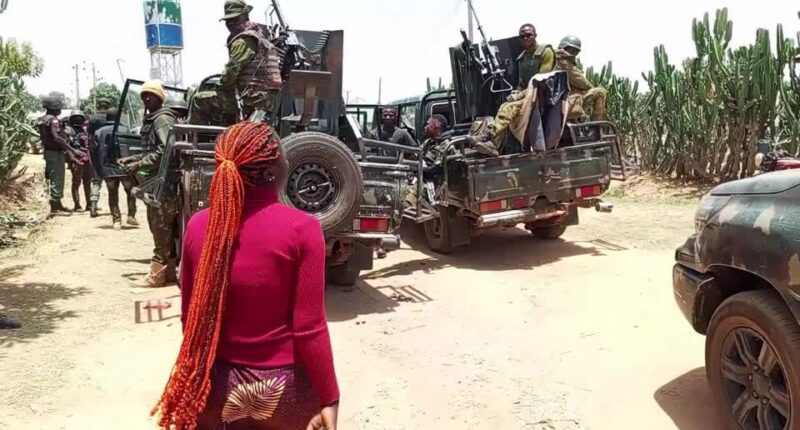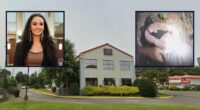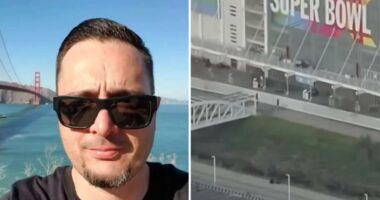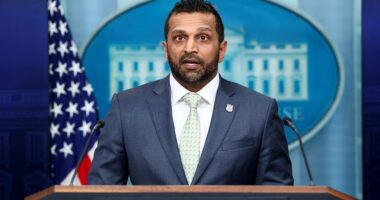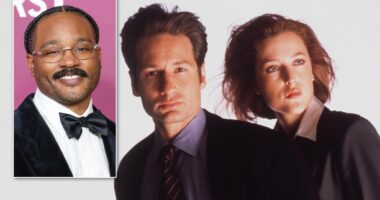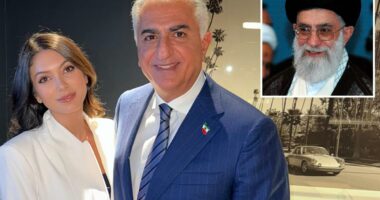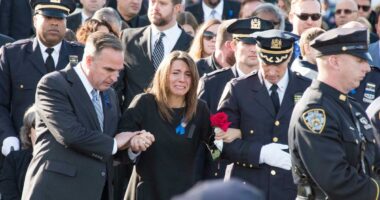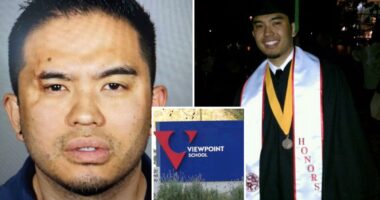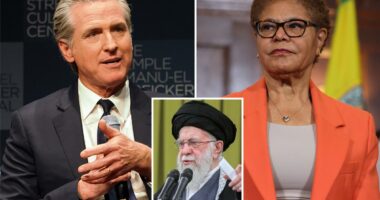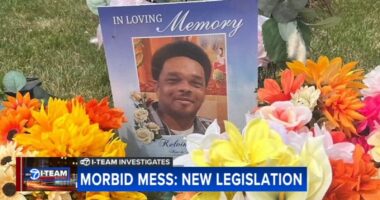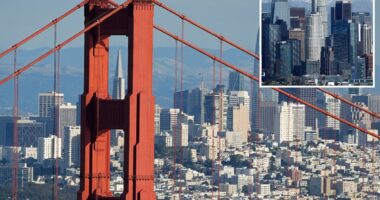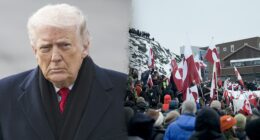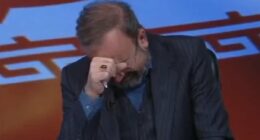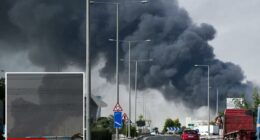Share this @internewscast.com
The U.S. House Subcommittee on Africa convened on Thursday to address the ongoing persecution of Christians in Nigeria, a concern highlighted by Subcommittee Chairman Chris Smith, R-N.J. Smith described the violence against predominantly Christian communities in Nigeria as both systematic and rapidly increasing.
During the hearing, lawmakers from both political parties posed questions to administration officials and outside experts. Witnesses painted a grim picture of Nigeria’s security situation, detailing mass killings, kidnappings, and a pervasive sense of impunity that has rendered Nigeria, Africa’s most populous nation, what one lawmaker decried as “the deadliest place on Earth to be a Christian.”
Smith, who has consistently raised concerns about the plight of Christians in Nigeria, portrayed the crisis in stark terms.
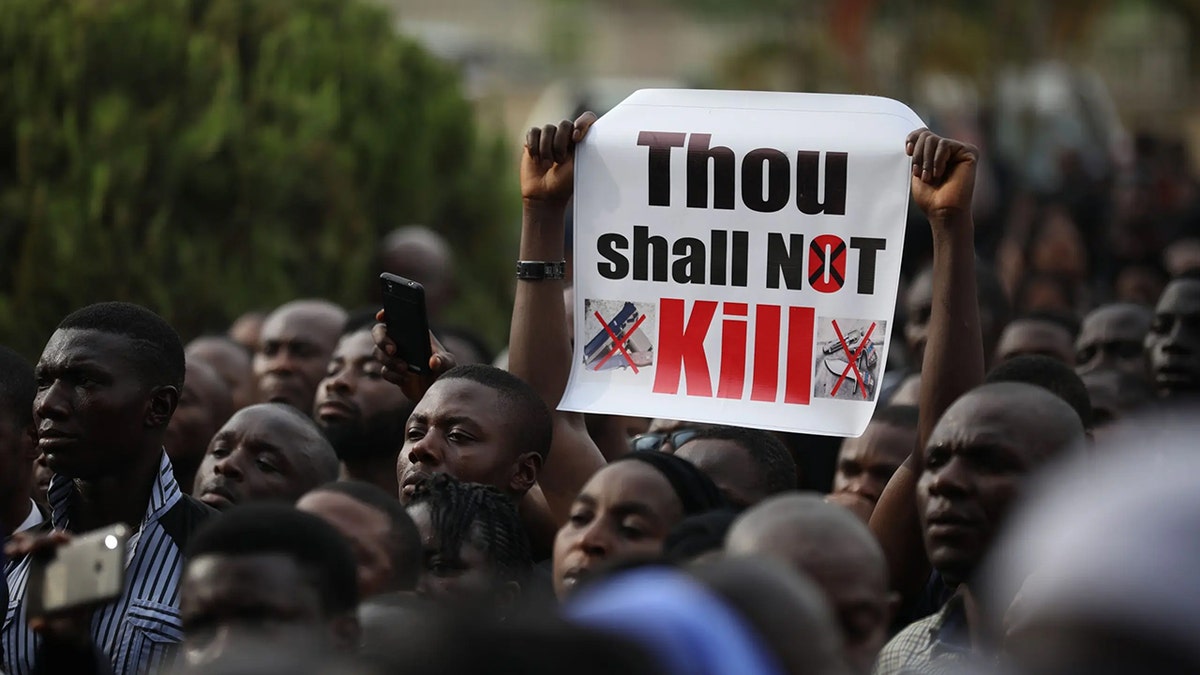
In the nation’s capital, Abuja, Christians have taken to the streets, holding signs during marches to demonstrate their call for peace and security. On March 1, 2020, the Catholic Bishops of Nigeria led a significant gathering of Christians and other citizens to pray for security and condemn the brutal killings of Christians by Boko Haram insurgents, along with the frequent kidnappings for ransom. (Photo by KOLA SULAIMON/AFP via Getty Images)
“Nigeria is ground zero, the focal point of the most brutal and murderous anti-Christian persecution in the world today,” Smith stated emphatically.
He emphasized the importance of this session, noting it was his 12th hearing on the issue. Smith has also spearheaded three human rights missions to Nigeria, underscoring his commitment to addressing this humanitarian crisis.
Quoting earlier testimony from Bishop Wilfred Anagbe of the Makurdi Diocese, Smith cited militants who “kill and boast about it … kidnap and rape and enjoy total impunity from elected officials.”
He highlighted a June 13 attack in Yola, saying reports showed “278 people — men, women and children — were killed in a manner too gory to describe by people shouting ‘Allahu Akbar’ while slaughtering their victims.”
“This is not random violence. It is deliberate persecution,” Smith said. “There may be other factors, but religion is driving this.”
Smith also noted that moderate Muslims who speak out against extremists are often murdered as well, underscoring the scope of Nigeria’s “culture of denial.”
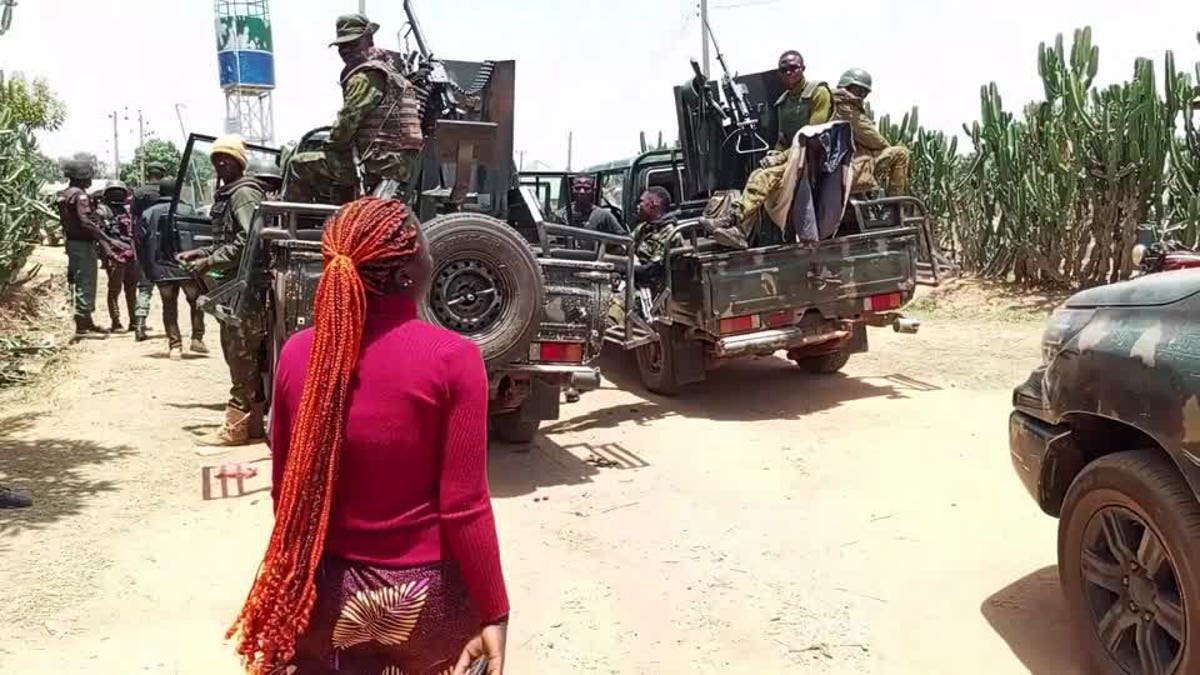
At least 51 Christians were killed in another attack in Nigeria’s Plateau state. (Reuters)
Rep. Sara Jacobs, D-Calif., the panel’s ranking member, agreed Nigeria faces devastating insecurity but warned against “oversimplistic narratives.”
She cited overlapping drivers — extremist insurgencies, farmer-herder conflict and organized banditry — and said the 25 girls recently kidnapped in Kebbi state were all Muslim.
“Violence affects everyone,” she said. “False narratives erase the real drivers of violence and make it harder to find solutions.”
She condemned President Trump’s remarks about “going into Nigeria guns blazing,” calling such rhetoric reckless and illegal and said unilateral U.S. military action would be “counterproductive.”
Jacobs claimed the Trump administration cut peace-building and conflict-prevention tools that once helped reduce violence, programs, she said, “that proactively prevented and directly addressed the violence this administration is now concerned about.”
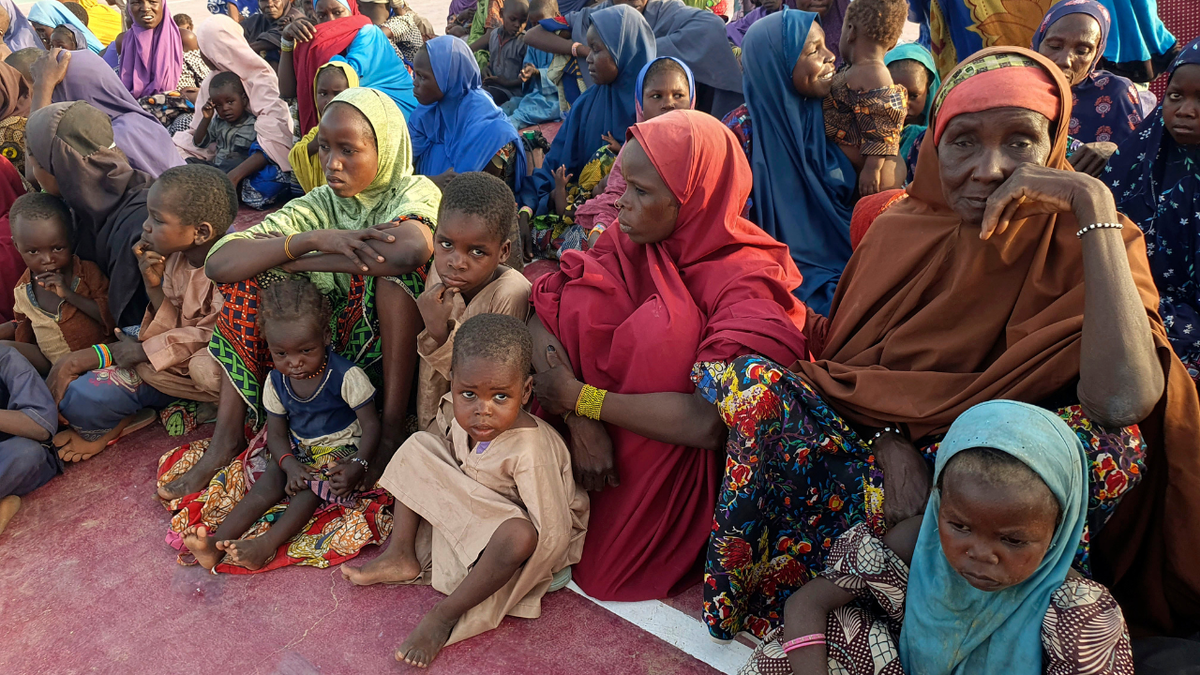
Women and children held captive by Islamic extremists and rescued by the Nigerian army arrive in Maiduguri, Nigeria, May 20, 2024. (AP Photo/Jossy Olatunji)
Rep. John James, R-Mich., described Nigeria’s crisis in stark terms.
“This is one of the gravest religious freedom crises in the world,” he said. “The deadliest place on earth to be a Christian.”
He cited estimates that nearly 17,000 Christians have been killed since 2019, calling the murders “a sustained pattern of religiously motivated violence, often ignored or even enabled by the Nigerian government.”
Appearing on video from Benue state, Bishop Wilfred Anagbe detailed church burnings, mass displacement and priests targeted for abduction.
“Nigeria remains the deadliest place on earth to be a Christian,” Anagbe said. “More believers are killed there annually than in the rest of the world combined.”
He thanked the administration for putting Nigeria as a Country of Particular Concern (CPC) for religious freedom violations but urged that it be backed with sanctions and greater humanitarian support for displaced civilians.
Two senior state department officials, Jonathan Pratt and Jacob McGee, defended the administration’s approach while acknowledging the horror of the attacks.
Pratt called the situation “a very serious security problem,” saying the U.S. seeks to “raise the protection of Christians to the top of the Nigerian government’s priorities.”
McGee added, “The levels of violence and atrocities committed against Christians are appalling. … Nigerians are being attacked and killed because of their faith.”
He pointed to blasphemy laws in 12 northern states that can carry the death penalty, calling them “unacceptable in a free and democratic society.”
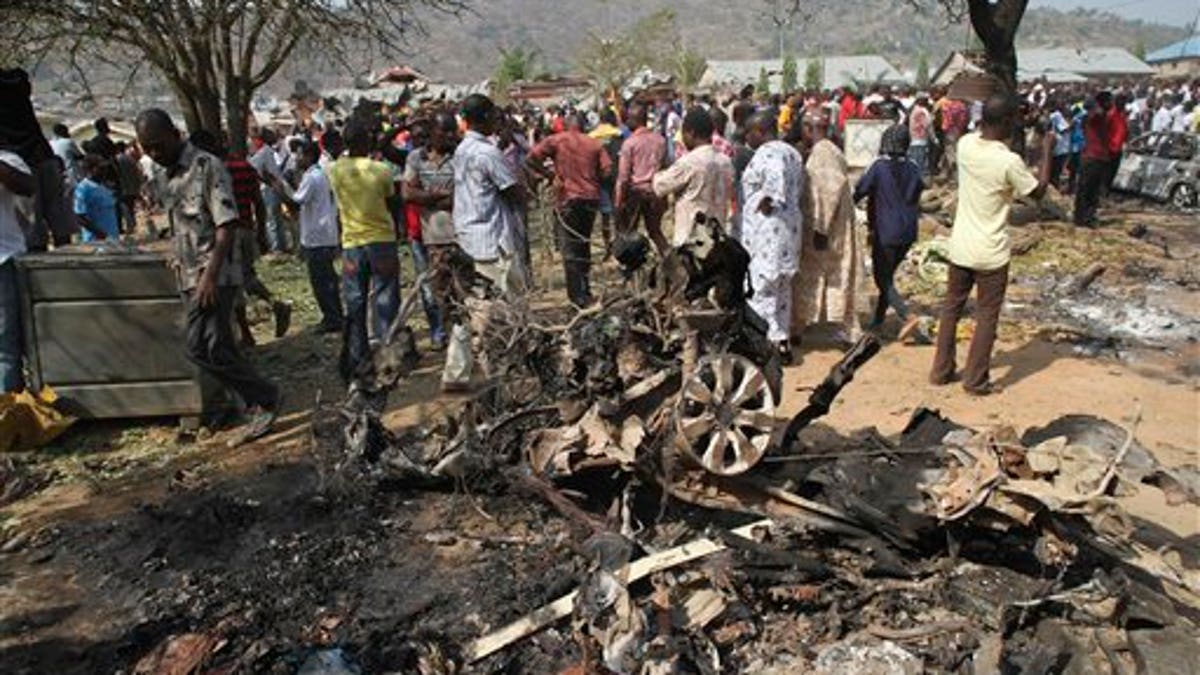
Onlookers gather around a car destroyed in a blast next to St. Theresa Catholic Church in Madalla, Nigeria, Dec. 25, 2011, after an explosion ripped through a Catholic Church during Christmas Mass near Nigeria’s capital. (Associated Press )
Both officials said the U.S. is developing a plan to “incentivize and compel” the Nigerian government to protect religious communities.
In one exchange between Rep. Marlin Stutzman, R-Ind., and an expert on Nigeria, he asked bluntly, “Ma’am, are we frenemies? Are we — what are we?”
Oge Onubogu, director of the Africa Program at the Center for Strategic and International Studies, replied, “We’re friends.”
She added that U.S.–Nigeria engagement must be “from a place of honesty” and that Nigerians “acknowledge something must be done quickly about the levels of insecurity.”
Onubogu warned, however, that a “narrow narrative that reduces Nigeria’s security situation to a single story” could deepen divisions.
Stutzman pressed her further, noting, “If Nigeria’s government cannot stop the violence, they should be willing to ask the international community for help.”
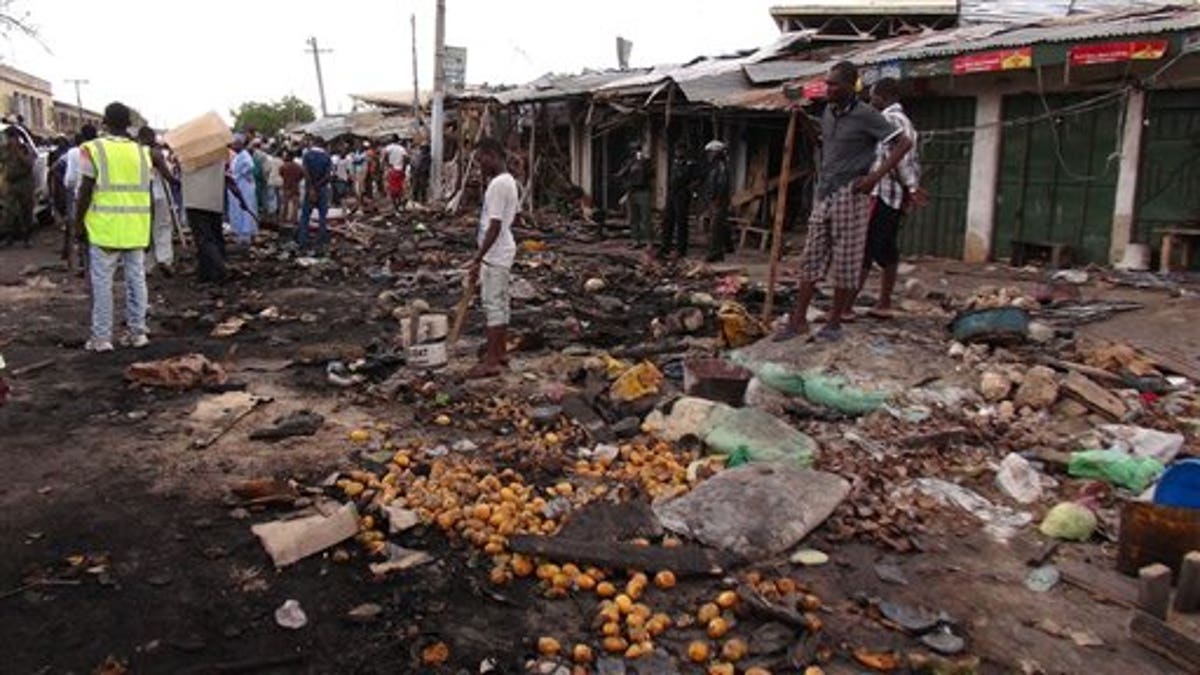
People gather July 2, 2014, where a car bomb exploded at the central market in Maiduguri, Nigeria, the birthplace of terror group Boko Haram. (AP Photo/Jossy Ola)
As the hearing came to a close, Smith warned, “The Nigerian government has a constitutional obligation to protect its citizens. If it cannot stop the slaughter, then America — and the world — must not look away.”
